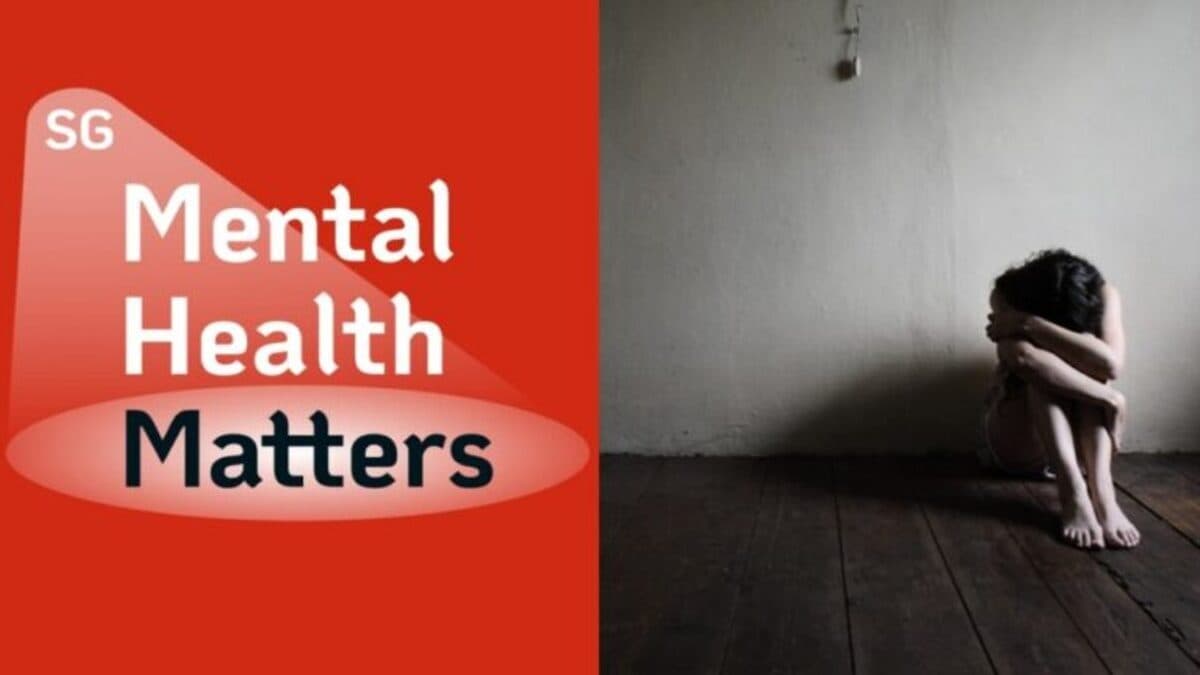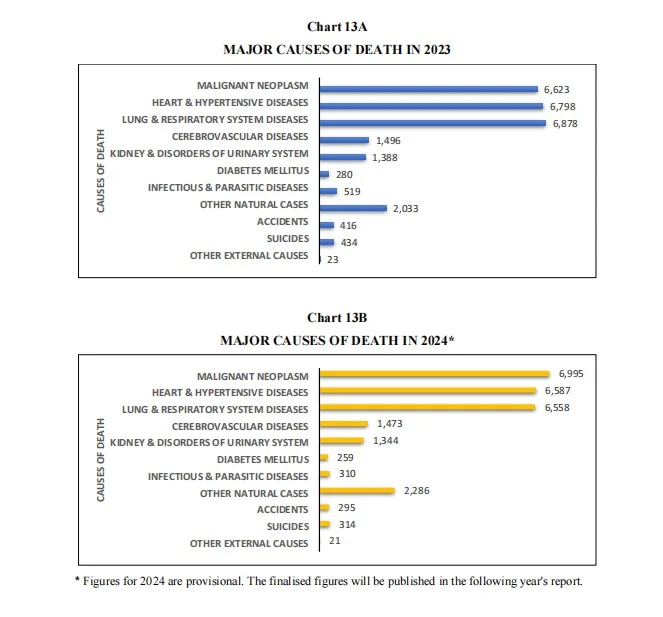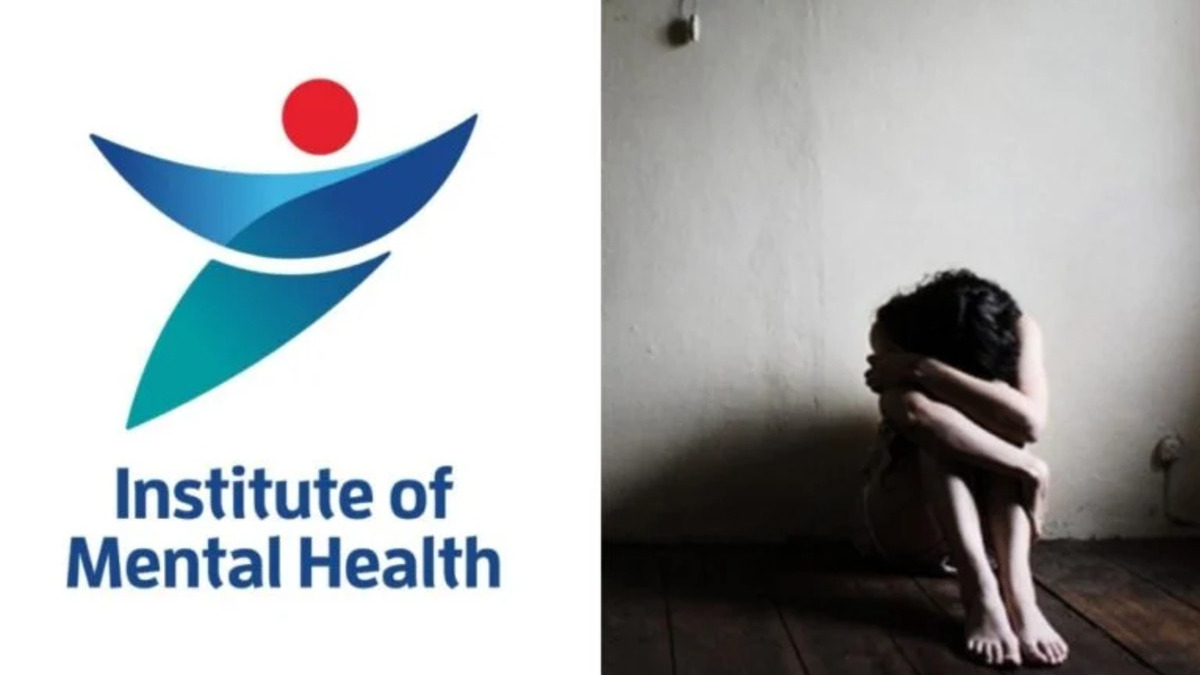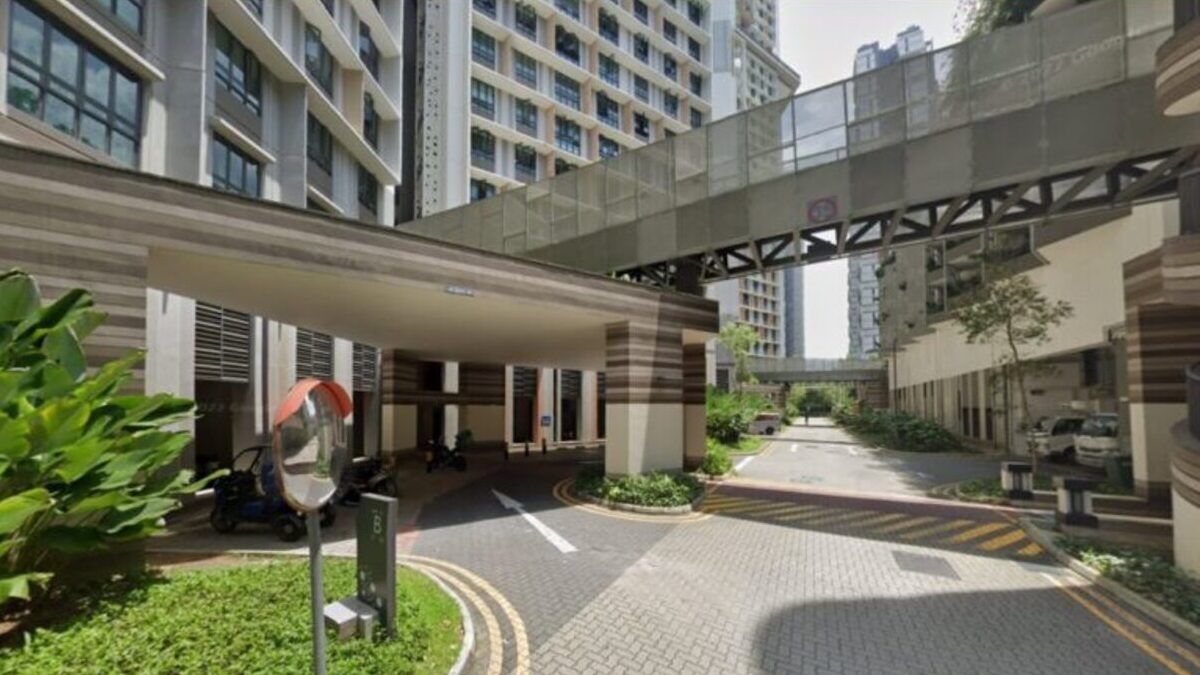SG Mental Health Matters launches study to reveal true suicide figures in Singapore
SG Mental Health Matters has launched Singapore’s first study to estimate the true number of suicides nationwide. Announced on 10 September 2025, the initiative builds on Project Hayat’s 2024 White Paper and seeks to strengthen national suicide prevention policies through more accurate data.

- SG Mental Health Matters launched a first-of-its-kind study on 10 September 2025 to estimate actual suicide rates in Singapore.
- The project follows public concern over major revisions to 2023 suicide statistics.
- Led by NUS researcher Dr Rayner Tan, the study will apply the Network Scale-Up Method to identify undercounted cases.
SG Mental Health Matters, the community organisation behind Project Hayat, has announced a landmark research study aimed at determining the true number of suicides in Singapore.
The initiative was launched on 10 September 2025 to mark World Suicide Prevention Day, signalling a new phase in Singapore’s approach to suicide research and prevention.
This project builds upon Project Hayat’s 2024 White Paper, which called for a national suicide prevention strategy guided by the evidence-based S.A.V.E L.I.V.E.S. framework.
The launch follows heightened public concern in mid-2025, after significant revisions to official suicide figures were made.
In July 2025, provisional data had indicated that suicides in 2023 had fallen to a 20-year low. However, finalised figures released later revealed 434 deaths — 34.8 per cent higher than the provisional estimate of 322.
The Immigration and Checkpoints Authority (ICA) confirmed that the revision raised questions about the reliability of provisional data and the accuracy of Singapore’s existing suicide reporting systems.
By comparison, provisional data for 2024 recorded 314 suicides, slightly lower than the 2023 provisional figure but still troubling in light of the subsequent revisions.

Former Nominated Member of Parliament Anthea Ong, who initiated Project Hayat and co-leads SG Mental Health Matters, said that the undercounting of suicides undermines the development of meaningful solutions.
“Every life lost to suicide is one too many – but we may be undercounting these lives,” Ong said.
“Last year, we called for Singapore to SAVE LIVES through a national suicide prevention strategy. This year, we are pushing forward by finding better ways to measure the true scale of the crisis. We cannot build solutions on incomplete data.”
The research will be led by Assistant Professor Rayner Tan from the NUS Saw Swee Hock School of Public Health.
Dr Tan’s team will apply the Network Scale-Up Method (NSUM), a statistical model commonly used internationally to estimate hidden or hard-to-reach populations.
The technique has been used to assess groups affected by HIV and other public health challenges that are not easily captured by traditional surveys or official records.
“Applying this method to suicides is an important step forward,” Dr Tan said.
“We welcome further funding support and hope this study will give us a clearer picture of the lives we are losing, guiding evidence-based prevention policies that match the scale of the problem.”
According to ICA data, suicide has remained the leading cause of death among people aged 10 to 29 for six consecutive years.
Men continue to make up nearly 70 per cent of suicide deaths, with significant increases among both youth and elderly males.
Data also suggest that Indian men are disproportionately affected, pointing to complex intersections between ethnicity, socioeconomic status, and mental health risks.
“Without urgent intervention, Singapore risks losing even more men to suicide—across both our youngest and oldest generations,” Ong warned.
In response, SG Mental Health Matters and the NUS Saw Swee Hock School of Public Health have jointly submitted a S$1 million research grant proposal to the Social Science & Humanities Research Thematic Grant.
If approved, the funding will support a community-based study examining male suicide risk and the social conditions that contribute to despair.
“Suicide is never just about an individual—it is about the social conditions that make people feel hopeless,” Ong said.
“By focusing on male suicide, we aim to uncover those conditions and design prevention that truly meets men where they are.”
Since its inception in 2024, Project Hayat has become a key driver in Singapore’s evolving suicide prevention landscape.
Its findings have been featured in academic forums such as the NUS Social Service Research Seminar Series and the International Association for Suicide Prevention Congress 2025 in Vienna.
In 2024, the initiative’s research subgroup received a S$50,000 seed grant from the National University Health System’s Academic Health Programme Fund.
This grant has supported interviews with five vulnerable communities: older adults, LGBTQ+ individuals, low-income migrant workers, neurodivergent youth, and caregivers.
A community report summarising these findings is expected in early 2026.
Project Hayat’s next phase includes the publication of academic papers exploring its community-led governance model, its efforts to move away from moral framings of suicide, and the media’s constructive role in prevention.
These papers are expected to be released before the end of 2025.
“Project Hayat remains committed to ensuring that every life counts, and that Singapore’s national suicide prevention efforts are anchored in transparency, compassion, and evidence,” Dr Tan said.
The new study by SG Mental Health Matters could significantly reshape the country’s understanding of suicide, particularly if it identifies underreported cases that existing systems have missed.
Advocates hope the findings will inform a comprehensive national strategy that integrates research, community outreach, and structural reforms to address Singapore’s most persistent mental health challenge.
If you or someone you know is struggling with thoughts of suicide, please seek help immediately. In Singapore, you can contact the Samaritans of Singapore (SOS) at 1-767 or text 9151 1767 for support. You’re not alone, and help is available.









